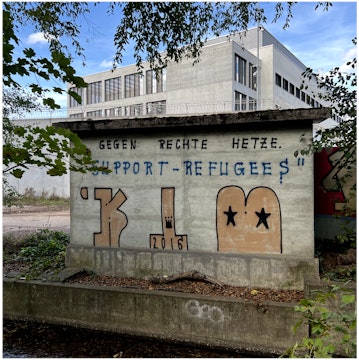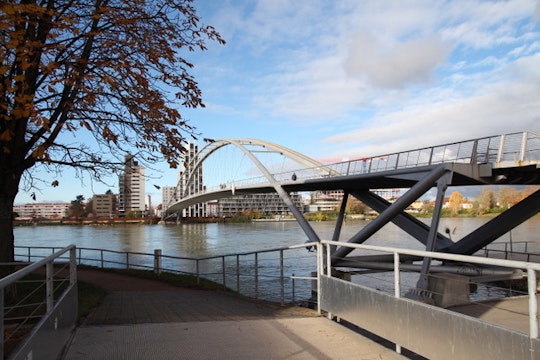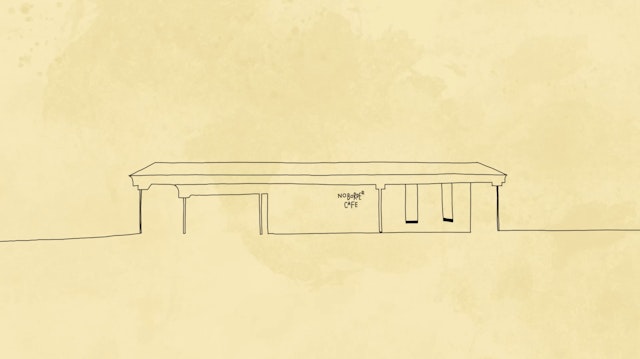Intercultural Connection Through Music-Making
Case study, “Balkan BBQ”, a Balkan band in Basel
Case study, “Balkan BBQ”, a Balkan band in Basel
In our mobile society today, distances and boundaries bound to the earth's surface seem to have been overcome: people can easily travel from one point of the Earth to another, fueled by the rich offering of physical infrastructure and the fluidity of informational communication.
The localization of people in movement is likewise defined by the social networks that they create through the trajectories of their actions, imbued with cultural and personal capital, power relationships and economic structuring.
In case of immigrants, the host community serves a very important role in integration and assimilation, (thus clear localization) such as opportunities for learning the language and the local customs, or finding work. There is also the case of the settled immigrant community, with which the newcomer establishes contact (or not), and where members already share the cultural background, similar values, and live according to familiar patterns. Here, the newcomer can base familiar relationships that can give him the sense of identity and security in the new environment.It is nevertheless a matter of great effort for the immigrants to create for themselves the feeling of a comfortable environment that offers psycho-emotional stability and the potential for growth and striving.
In the particular transnational area of Basel, the city is a multicultural center, defined through its longlasting history related to the pharma industry, by a thriving business market but also by a very offering cultural scene (from having an immense number of museums for its size - about 40 museums per 170 500 inhabitants-, being the stage of one of the most exclusive international art market events, to offering high quality artistic education, and a great diversity of concerts, showings, and whatnot, year-round.
Nevertheless, for an international artist/musician, deciding to live in Basel (usually after studies) can deem itself as a decision that opens the way for a long journey into the building of professional networks, the struggle for project funding and not least, of creating a personal and intimate connection to the people and the space, which can become a real challenge. Few people are open about this matter.
One of them is Tassos Tataroglou. A multifaceted artist, Tassos is one of the active international musicians in Basel who works with people with very different levels of musical proficiency with the sole wish to create safe and comfortable spaces for connection and expression. I was invited by him to take part into one of his pursuits, namely the Balkan band, informally named “Balkan BBQ” on Whatsapp, where I found a lovely group of people making music out of joy, irrespective of their place of origin, or whether they knew how to speak Greek or not.
As an insight into this active process of community building, I decided to ask him about his personal experience, where his drive comes from, his own views on borders, mobility and identity, and how he creates his own feeling of connectedness through music. Thus, I organized a little interview with him and took a few shots of one of the Balkan Band rehearsals to present it as a case study in our research on community beyond borders.
Here is our conversation. Enjoy!








